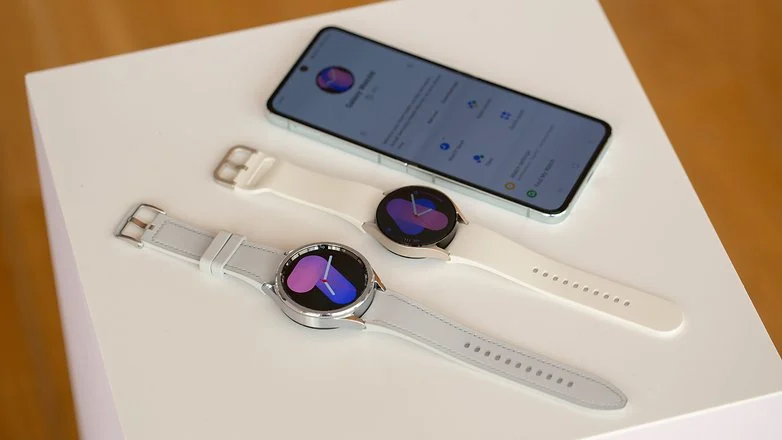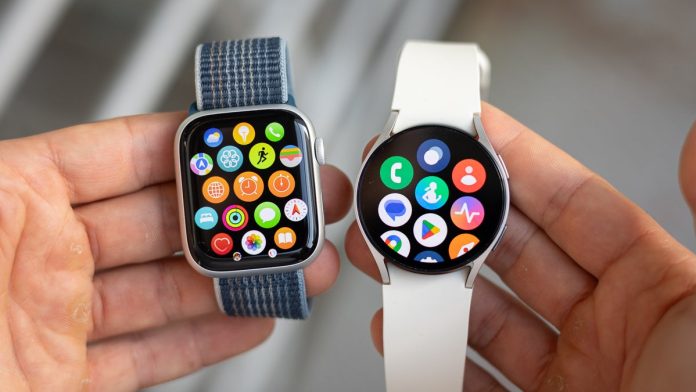While we excitedly await the arrival of Samsung’s next-generation foldable smartphones, the company’s Galaxy Watch 7 remains on our radar, with an official launch due in July. Fresh information about the unreleased Galaxy Watch has surfaced, revealing the likely final moniker of its CPU as well as enhancements in tow.
According to industry reports received by The Korean Economic Daily (via SamMobile), Samsung is preparing its second-generation 3 nm production line, which is expected to begin manufacturing chips in the second half of 2024.
According to the publication, the Eyxnos W1000 chipset will be the first to be produced in-house from this range. The new chip is expected to power the next Galaxy Watch 7 series. It was also stated that the silicon is 20% quicker and more power-efficient than the 5 nm Exynos W930 SoC in the Galaxy Watch 6, despite a prior leaker claiming a 50% efficiency boost.

Nonetheless, the new report appears to indicate a different final name for the chipset, contrary to rumors from March. Given the significant improvement over the predecessor, choosing Exynos W1000 makes sense in the long run.
Samsung beating Apple to the punch
Furthermore, by using a 3 nm silicon on a smartwatch, Samsung would outperform its main competitor Apple, which uses a 5 nm S9 SiP on the Watch Series 9 (review) and Watch Ultra 2. Even in the Watch Series 10, Apple is expected to manufacture the S10 SiP using the 4 nm architecture.
As is customary, the processor is not the only significant aspect that might extend battery life in smartwatches. An improved operating system will also affect the running time of these devices. However, Samsung intends to take use of the new hybrid Wear OS, which should improve battery life with the Galaxy Watch 7.
Aside from the CPU, the Galaxy Watch 7 is expected to include continuous AFib detection, as mentioned by the patent, and blood sugar level monitoring. At the same time, the forthcoming Samsung smartwatch lineup is expected to contain a new Galaxy Ultra model, which will sit among the Galaxy Watch 7 standard, pro, and classic variants.
Finally, the Galaxy Watch Ultra and Galaxy Watch 7 series are expected to run Wear OS 5 and include larger batteries and memory configurations, particularly RAM.


